
Gesine Schwan is a German political science professor and member of the Social Democratic Party of Germany. The party has nominated her twice as a candidate for the federal presidential elections. On 23 May 2004, she was defeated by the Christian Democrat Horst Köhler. On 23 May 2009, Köhler beat her again to win his second term.

Bolesław Ignacy Florian Wieniawa-Długoszowski was a Polish general, adjutant to Chief of State Józef Piłsudski, politician, freemason, diplomat, poet, artist and formally for one day the President of the Republic of Poland.
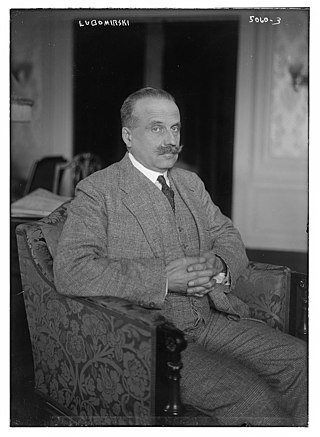
Prince Zdzisław Lubomirski was a Polish aristocrat, landowner, lawyer, a conservative politician and social activist. The Prince was chairman of the "Central Civil Committee" in 1915. From 1916 to 1917 mayor of Warsaw. He was an activist of the "Real Politics Party" and from 1917 to 1918 member of the Regency Council. From 1928 until 1935 member of the Senate and chairman of the "Council of Landowner Organisations" from 1931 to 1935.
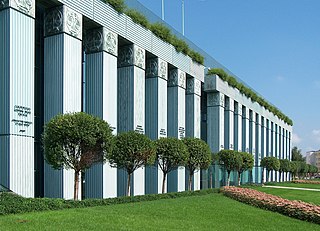
The Supreme Court is the highest court in the Republic of Poland. It is located in the Krasiński Square, Warsaw.
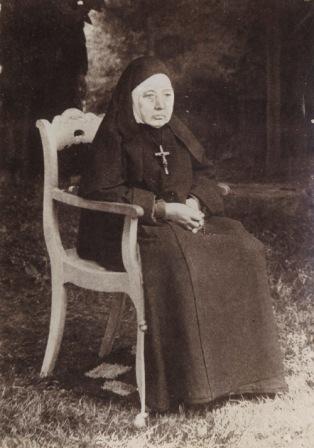
The Felician Sisters, officially known as the Congregation of Sisters of St. Felix of Cantalice Third Order Regular of St. Francis of Assisi (CSSF), is a religious institute of pontifical right whose members profess public vows of chastity, poverty, and obedience and follow the evangelical way of life in common. This active-contemplative religious institute was founded in Warsaw, Poland, in 1855, by Sophia Truszkowska, and named for a shrine of St. Felix, a 16th-century Capuchin saint especially devoted to children.

Dorota Masłowska is a Polish writer, playwright, columnist and journalist. She is the winner of the 2006 Nike Award, Poland's most important literary prize, for her novel The Queen's Peacock.
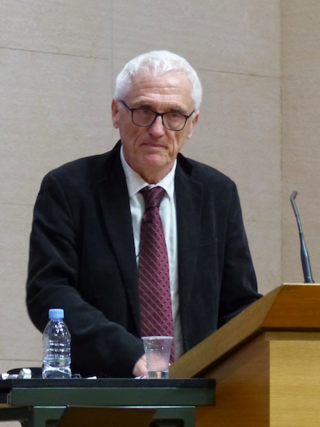
Jan Tomasz Gross is a Polish-American sociologist and historian. He is the Norman B. Tomlinson '16 and '48 Professor of War and Society, emeritus, and Professor of History, emeritus, at Princeton University.
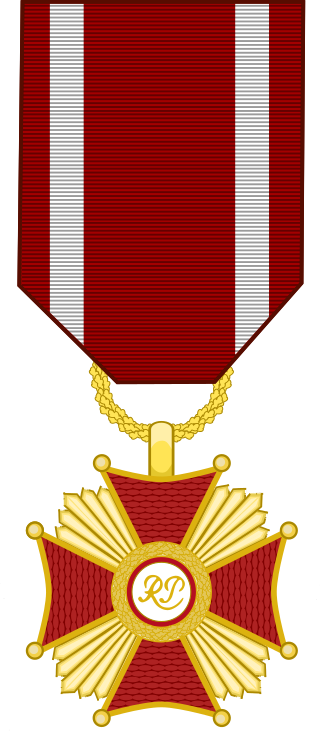
The Cross of Merit is a Polish civil state decoration established on 23 June 1923, to recognize services to the state.

Throughout most of the history of Poland, the banner of Poland was one of the main symbols of the Polish State, normally reserved for use by the head of state. Although its design changed with time, it was generally a heraldic banner, i.e., one based directly on the national coat of arms: a crowned White Eagle on a red field. The banner should not be confused with the flag of Poland, a white and red horizontal bicolor, officially adopted in 1919.

Indo-Polish relations are the bilateral relations between the Republic of Poland and the Republic of India. Historically, relations have generally been friendly, characterised by understanding and cooperation on an international front.

Maria Grzegorzewska was a Polish educator who brought the special education movement to Poland. Born to a family from the Żmudź region, she was strongly influenced by her parents' beliefs in humanitarianism. After attending clandestine schools to earn her basic education from Polish rather than Russian educators, she obtained her teaching credentials in Lithuania. She continued her education at the Jagiellonian University in Kraków and in 1913 joined her countrywoman, Józefa Joteyko in Brussels to study at the International Paedological Faculty. When her studies in Belgium were interrupted by World War I, Grzegorzewska made her way to Paris and earned her PhD from the Sorbonne in 1916.
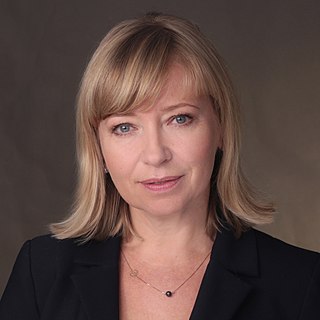
Dorota Segda in Kraków, Poland, is a Polish theatre, film and television actress. Besides acting, she is also a Professor of Theatre Arts, and the Rector since 2016, at the AST National Academy of Theatre Arts in Kraków. In 2015, she was awarded Poland's Silver Medal for Merit to Culture – Gloria Artis.
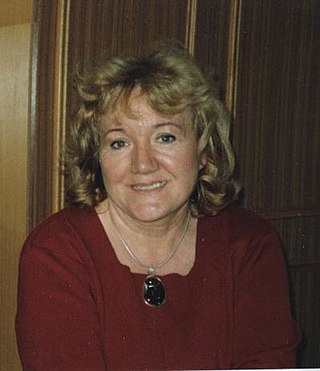
Aleksandra Ziółkowska-Boehm, is a Polish-born U.S.-based writer and academic. She obtained her Ph.D. in humanistic studies at the Warsaw University. Her works include historical biographies, the current outlook of Native Americans, autobiographical stories of her travels, Ingrid Bergman, and cats.

Andrzej Sebastian Duda is a Polish lawyer and politician who has served as president of Poland since 6 August 2015. Before becoming president, Andrzej Duda was a member of the Polish Lower House (Sejm) from 2011 to 2014 and the European Parliament from 2014 to 2015.

Lubomir Wojciech Tomaszewski was a Polish-American painter, sculptor and designer born in Warsaw, Poland. He lived in United States since 1966.
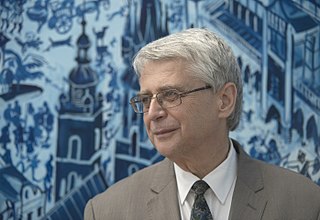
Jacek Purchla is a Polish art historian and economist, Professor of Humanities, founder and director of the International Cultural Centre in Kraków. He specialises in urban development, social history and art history of the 19th and 20th centuries, as well as the theory and protection of cultural heritage.
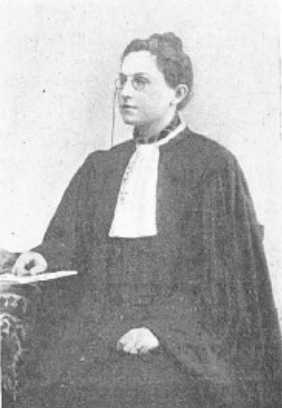
Józefa Joteyko was a Polish physiologist, psychologist, pedagogue, and researcher. After completing her undergraduate studies at the University of Geneva, she entered medical school at the Free University of Brussels and completed her Doctor of Medicine in 1896 at the University of Paris. She opened a medical practice in France but decided two years later that she preferred research and moved back to Brussels. Operating as an assistant at the Solvay Institute of Physiology, she lectured and conducted research into muscle and nervous system fatigue.
Iwona Drąg-Korga is a Polish-American historian, archivist, educator, and the current President and Executive Director of the Józef Piłsudski Institute of America.
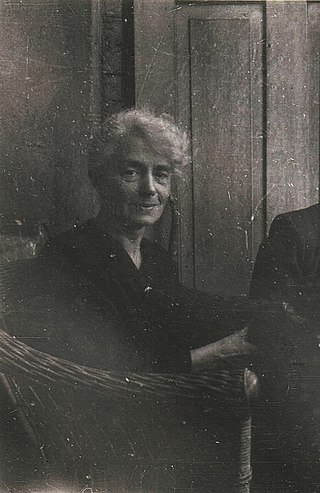
Zofia Julia Vetulani was a Polish civil servant, as well as a social and political activist.

Dorota Łoboda (1975) is an educational rights activist in Poland. She was a leader of the Families Against Education Reform movement that opposed the reform of the Polish education system in 2016–2018 and a member of the Consultative Council created during the October 2020 Polish protests.




















